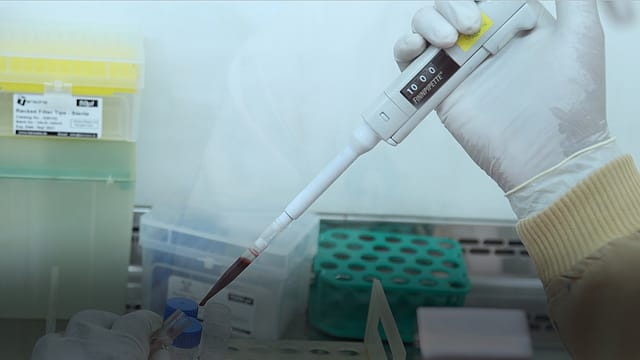WHO proposal to exempt biosimilar trials to trigger biotech generics boom
ADVERTISEMENT

The World Health Organisation (WHO) looks to amend the guidelines for evaluation of biosimilars with a potential waiver of Phase III clinical trials for biosimilar products. The proposal, once approved and adopted by member countries, could trigger a bigger interest in developing generic versions of biotech medicines in India, says India's biosimilar manufacturer Reliance Life Sciences (RLS).
"India may adopt these guidelines provided these are accepted globally (including Rest of the World countries), so that Indian companies can follow one development strategy for India and Rest of the World markets, leading to lower cost of development," KV Subramaniam, president, Reliance Life Sciences, says.
According to Subramaniam, the cost of developing biosimilars for developed markets (US/EU) can range from $50-150 million and the cost of Phase-III clinical trials is one of the major contributors. "The waiver of Phase-III clinical trials cost will significantly decrease the cost of developing biosimilars for developed markets (US/EU) leading to an increase in the number of players focusing on biosimilar development and commercialisation for US/EU, higher price erosion for biosimilars in these markets, higher affordability thus leading to an increase in demand especially for population not covered by insurance and more Indian players developing biosimilars for global markets," he explains.
Incidentally, the adoption of such a guideline will not lead to steep decrease in the development cost in India as Phase III clinical trial cost in India is significantly lower than that of the US or the EU. However, it will still lead to an increase in the number of players focusing on developing and commercialising biosimilars in India, a slight decrease in prices (prices are competitive in the Indian market; hence there may not be much impact on pricing) and increase in biosimilar penetration as more companies promote biosimilars in India, Subramaniam says.
Reliance Life Sciences, with 21 biosimilar products in the market, is one of the largest biosimilars players globally, in terms of the number of products in the market and under development.
While WHO has come out with a draft guideline that eases the need for Phase III clinical trials for biosimilar products, the UK has already incorporated the change in its guidance document on licensing of biosimilar products. India is also looking to revise its existing set of guidelines, though it is yet to decide whether the proposed changes in the draft WHO guideline should be considered or not.